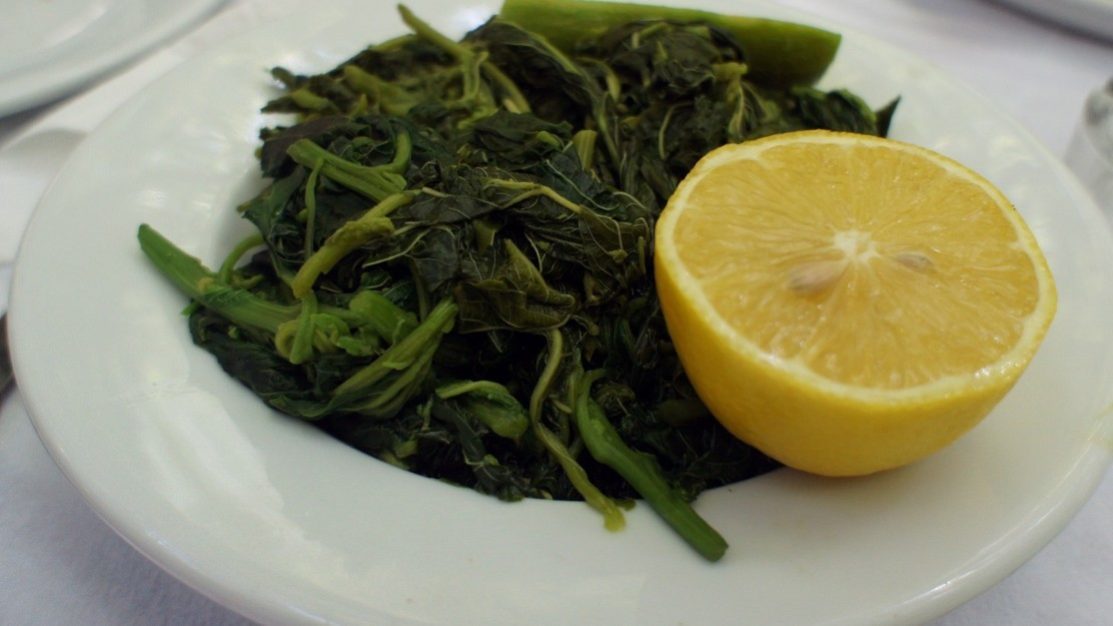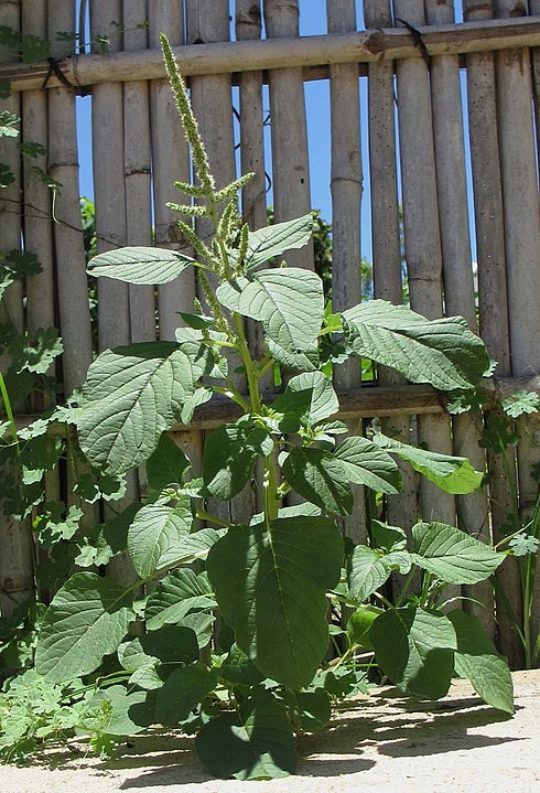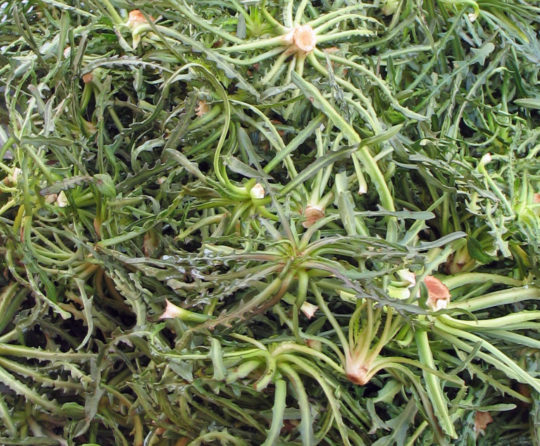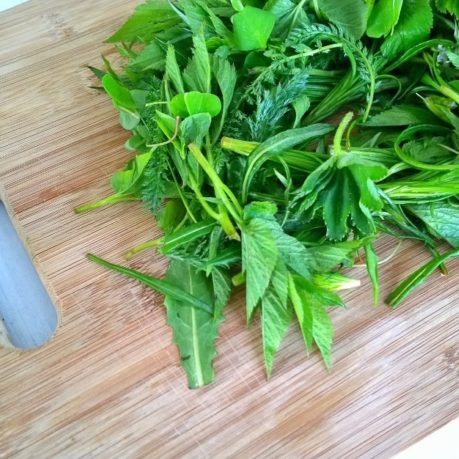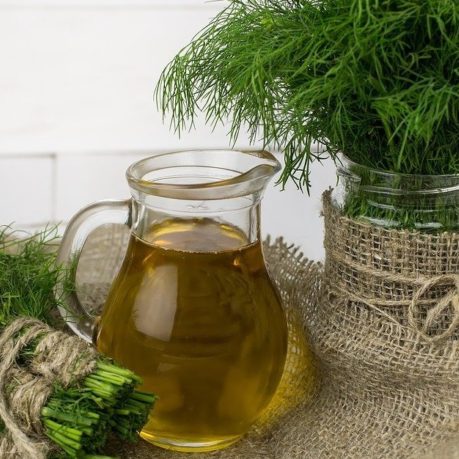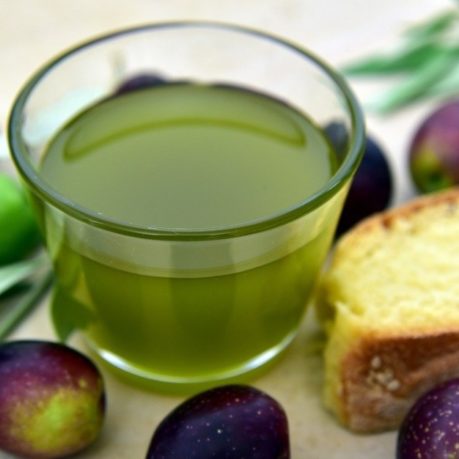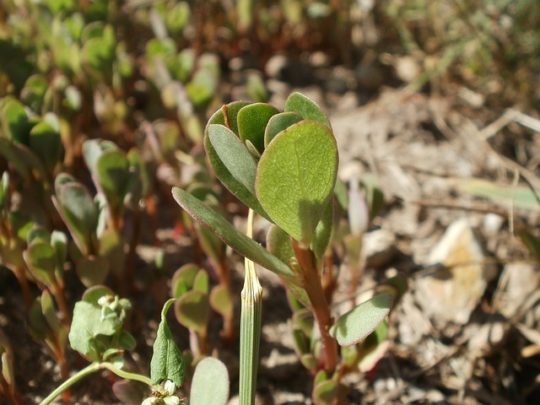
Purslane
If one had to choose the protagonist of the Cretan flora, this would be the small yet “almighty” purslane (Portulaca oleracea). Rich in α-linolenic acid, otherwise omega-3 fatty acid (350 mg / 100 gr), it is as if it has formed an alliance with olive oil to protect cardiovascular health. For those not fond of fish, no problem! The frequent consumption of purslane can provide them with the α-linolenic acid they need. The omega-3 fatty acids, as well as the vitamins A, E, C and B carotene it contains, help protect the brain, prevent kidney diseases, protect the eyesight, the skin and the immune system.
As it is a weed, and does not like to obey rules, it grows wild in the fields, in summertime, and its seed can easily spread, even in a pot. It is so cooling and with such a smooth texture, that it rocks in its raw form, in a salad with a little olive oil, some yogurt, a little vinegar and salt, or in a classic Greek rustic (Choriatiki) salad with cucumber, onion, tomato, pepper and olives. You can also eat it cooked or pickled. It has healing properties and helps with bladder, stomach and liver health, as well as with gastrointestinal problems.
As we say in Crete: “Purslane and water, they keep the liver cool”, and for someone who talks incessantly: “Did you have purslane?”, as purslane is thought to make your tongue slip.
